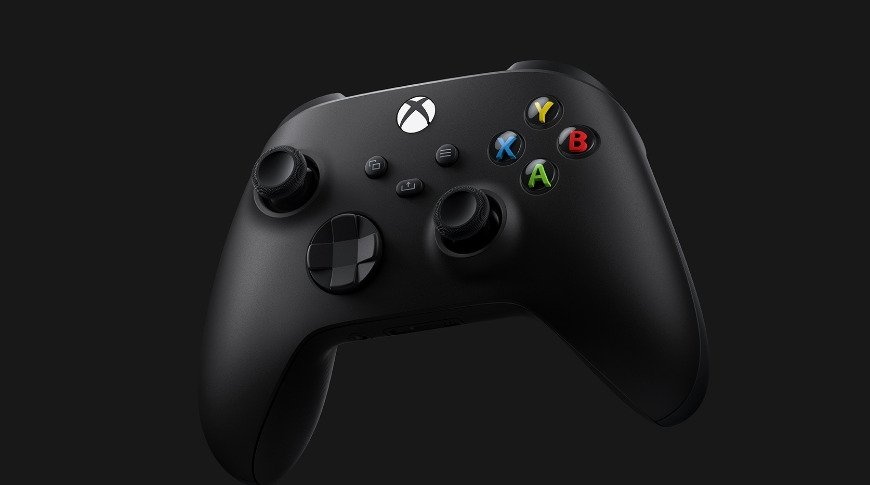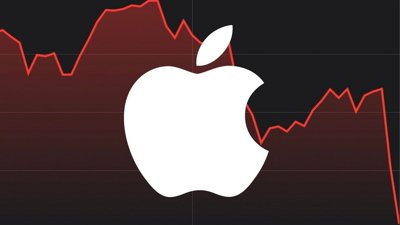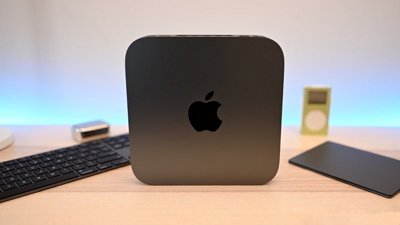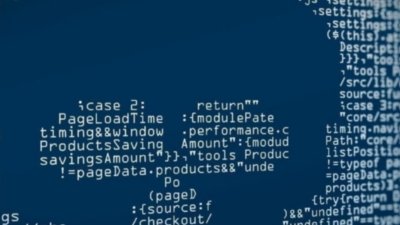Apple has disputed the credibility of an Epic Games witness from Microsoft in its App Store trial, in that claims Xbox game consoles were sold at cost to subsidize game sales can't be substantiated due to Microsoft refusing to provide documentation to back it up.
The testimony of Lori Wright, Microsoft VP of Xbox business development, on Wednesday included a number of claims, including why cloud gaming service Shadow was pulled from the App Store. However, Apple has found issue with part of Wright's testimony that cannot be proven with documents, a problem that it thinks can cause problems with the rest of her testimony.
In a filing on Thursday, Apple asked the court to make an "adverse credibility finding regarding the testimony of Lori Wright," casting doubt on the executive's testimony. The filing, spotted by The Verge centers around an issue in testimony where Wright claims Microsoft didn't profit from its Xbox console hardware sales, as it stood to earn more from game sales.
Apple's lawyers argue the testimony is made "without providing the P&L statement form her files that could have substantiated (or disproven) her testimony." Since Microsoft hasn't offered accounting related to its hardware business as evidence to prove the claim, Apple wants the testimony to be stricken from the record.
This is apparently a repeated issue for Apple, as it had previously motioned for Wright's testimony to be excluded for similar document production problems.
Apple is leaning on a ruling from April 13, where the court warned expert witnesses that if they failed to make a "sufficient production of relevant documents to both parties," the court will "weigh such a failure against the credibility of the testifying witness." Such a failure could "warrant the striking of testimony," something that could benefit Apple's case.
 Malcolm Owen
Malcolm Owen



-xl-m.jpg)




 Chip Loder
Chip Loder
 Christine McKee
Christine McKee
 William Gallagher
William Gallagher
 Amber Neely
Amber Neely

 Andrew Orr
Andrew Orr




-m.jpg)






26 Comments
Smart move on Apple's part. From what I've seen reported by the video game industry in the past, both Sony and MS had adopted hardware strategies post PS3/360 where they tried to come relatively close to break even on hardware at launch. Taking a modest loss at that point was acceptable, but they expected to start generating a profit with hardware after a couple of years of manufacturing. That's the thing that makes Wright's testimony so questionable: console hardware doesn't change, so it gets cheaper every year to produce. Imagine if the hardware spec for the iPhone never changed in 6 years with Apple continuing to charge the same price for it year after year.
The hardware itself absolutely costs less than the RRP. Microsoft is undoubtedly bundling all manner of costs against the retail price to justify a sold-at-loss claim. However this is disingenuous hollywood-style accounting, because any business with a net-profit can apply the same cost-sharing logic in the reverse direction to justify that all products are actually profitable.